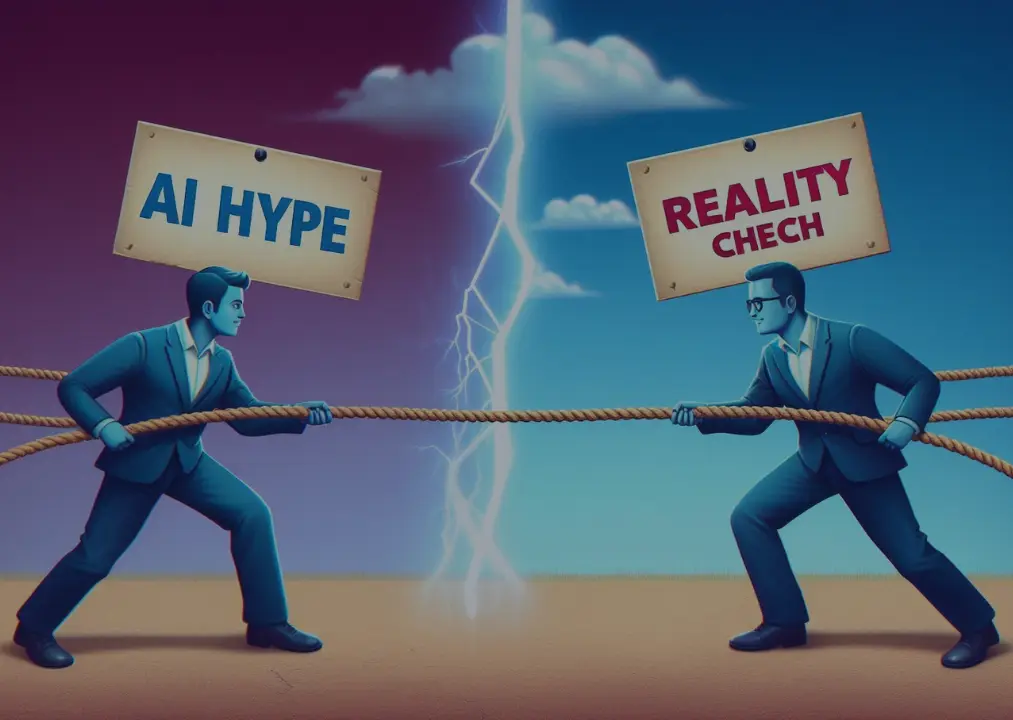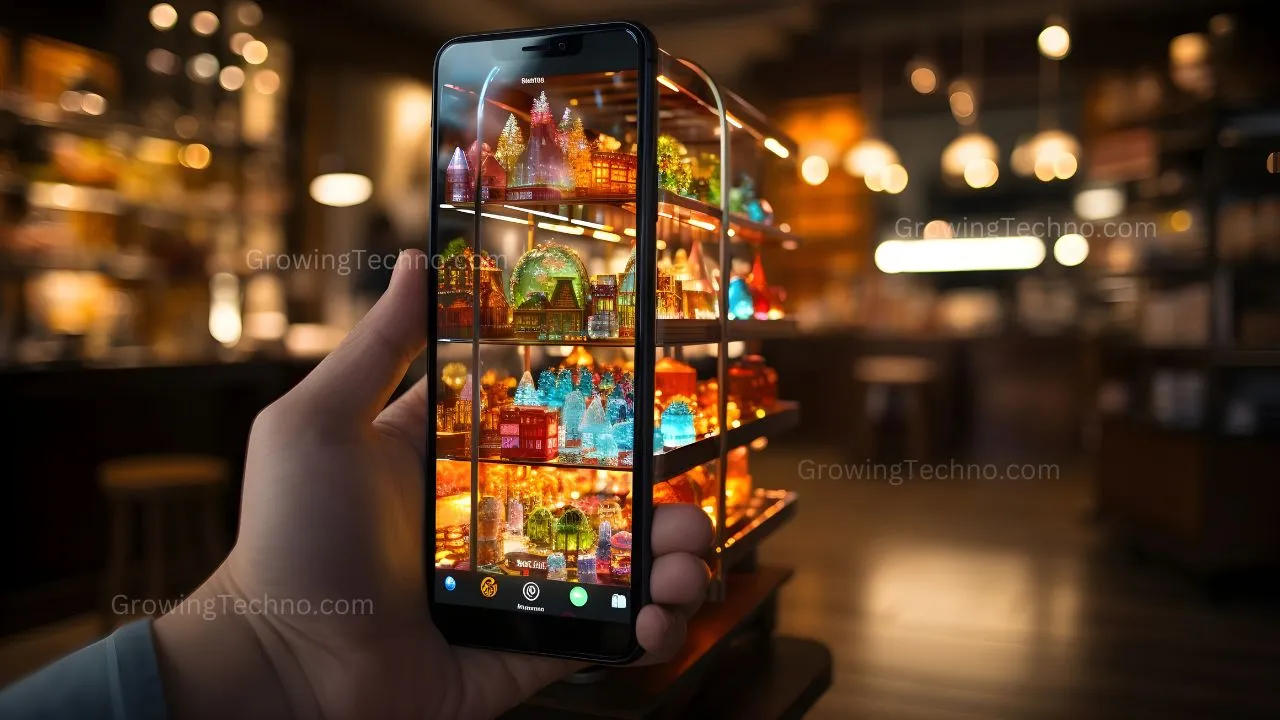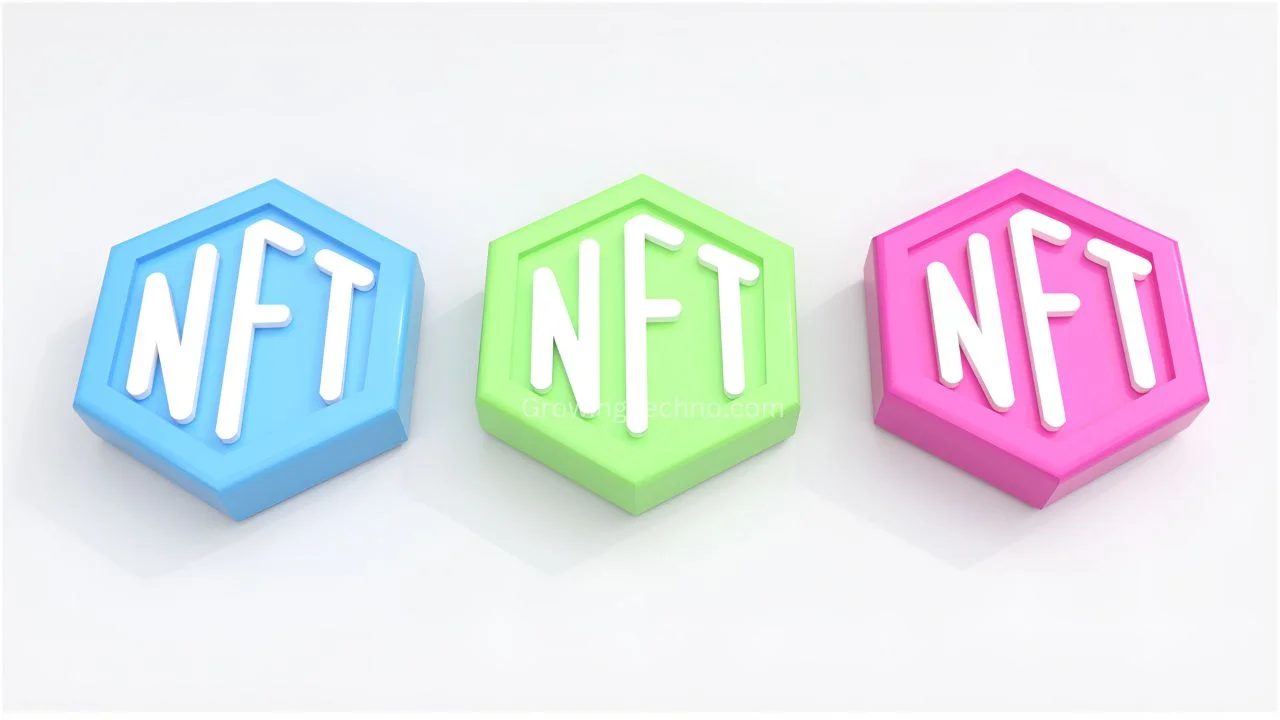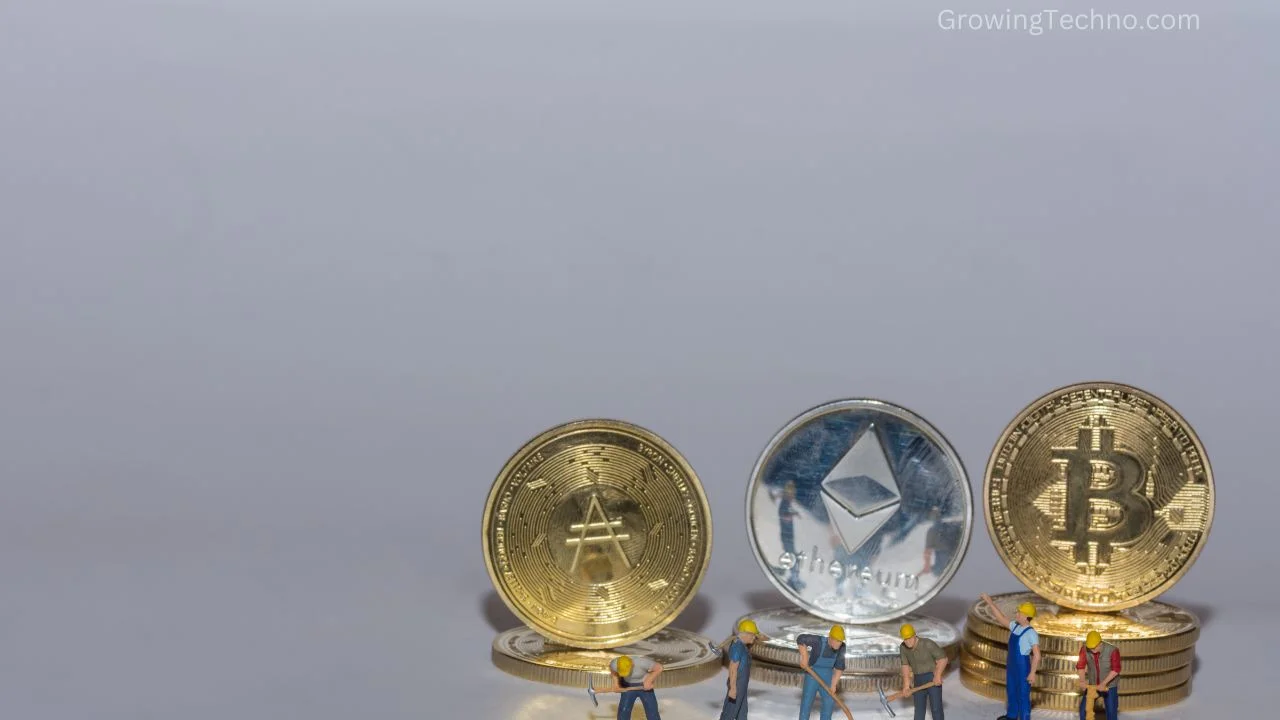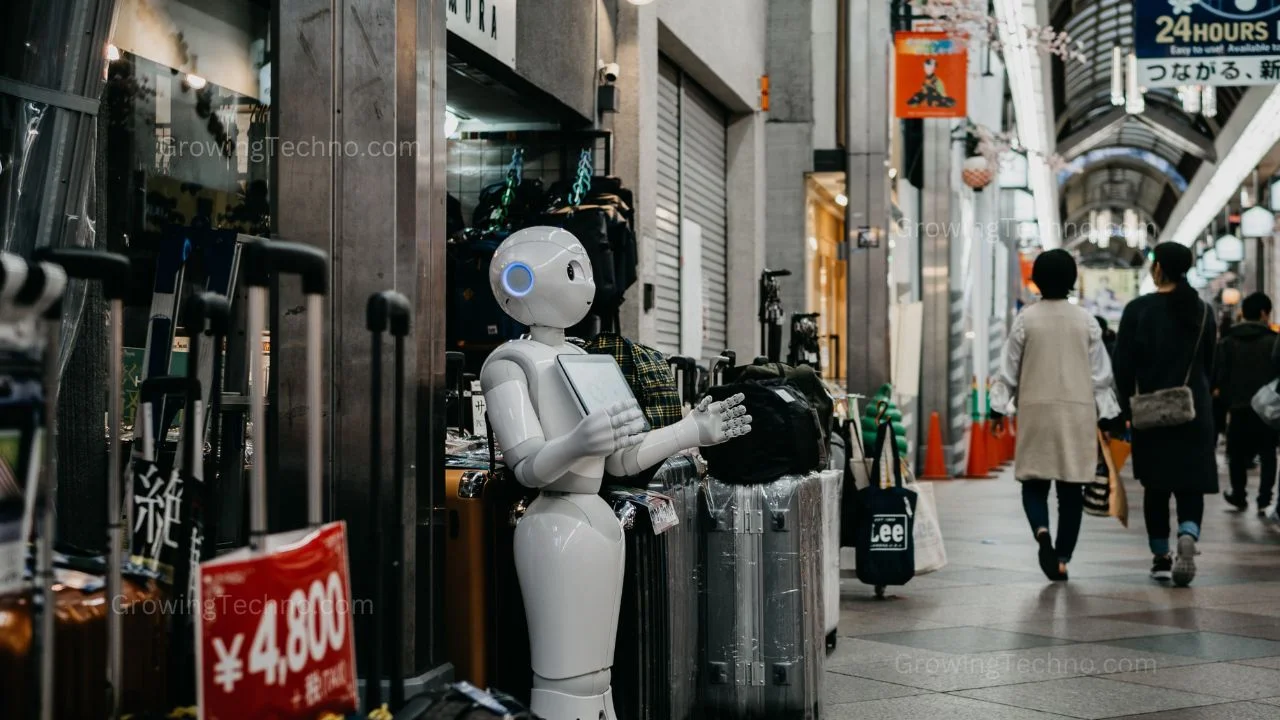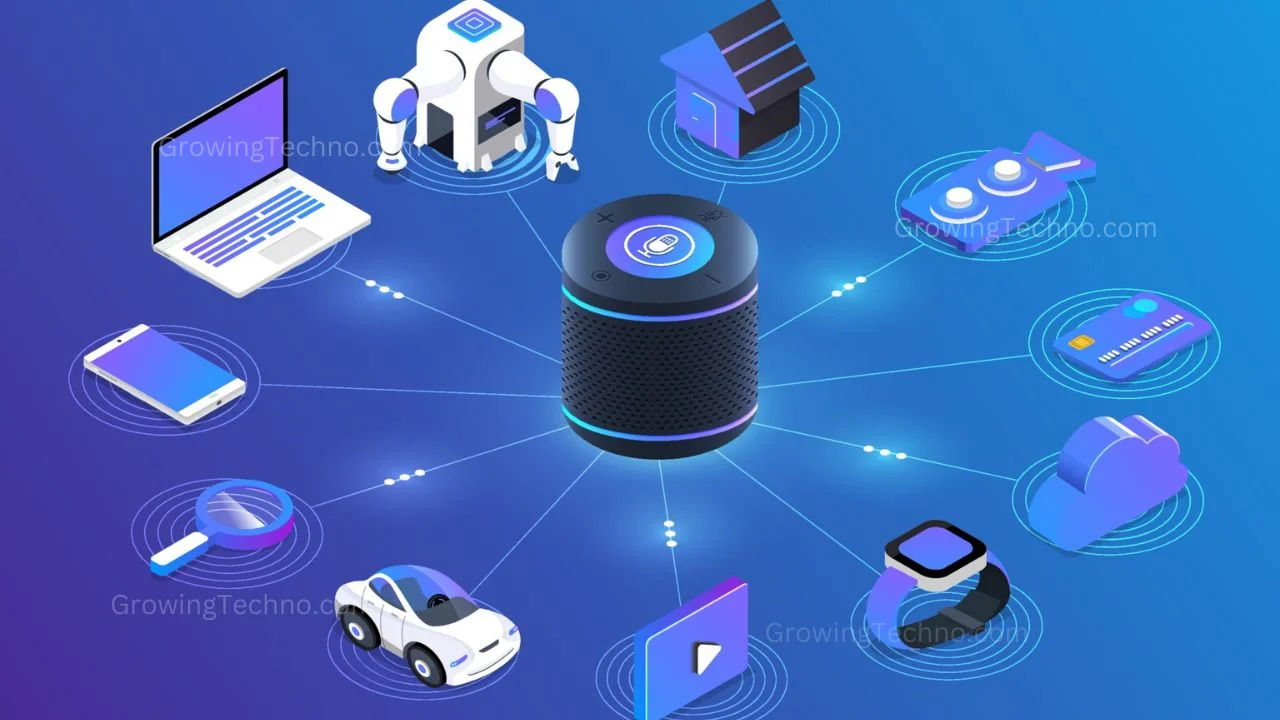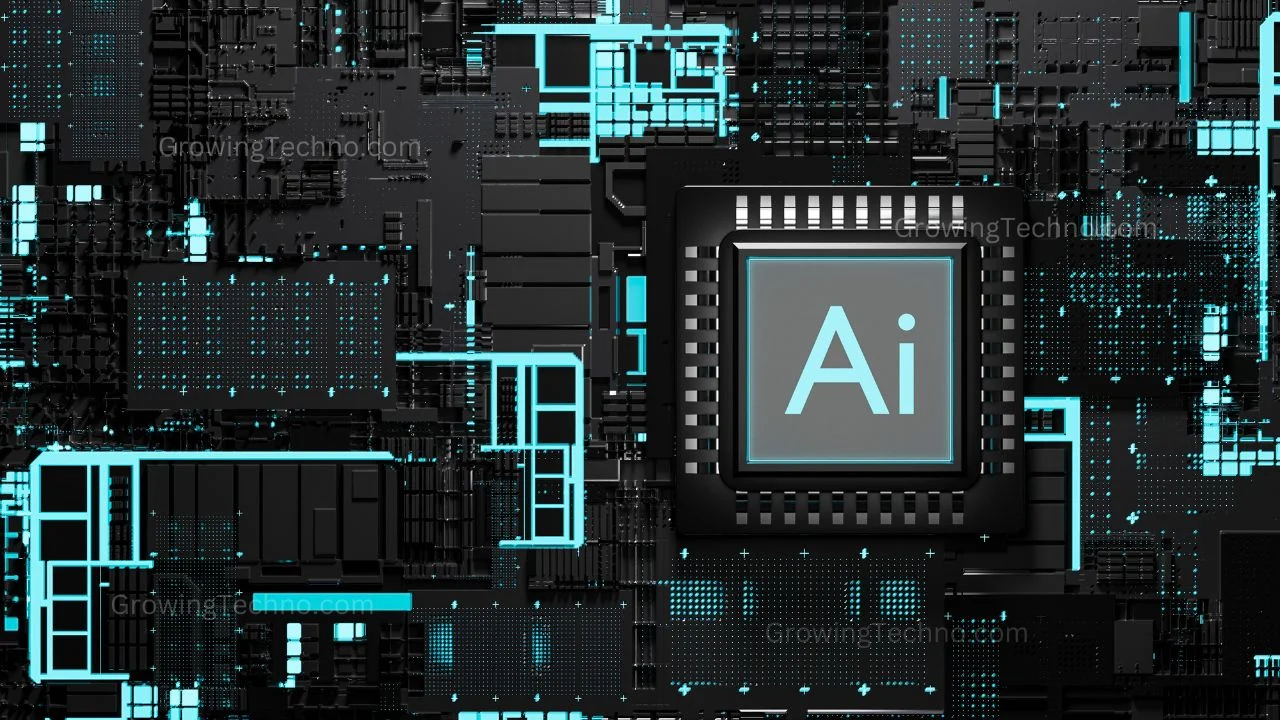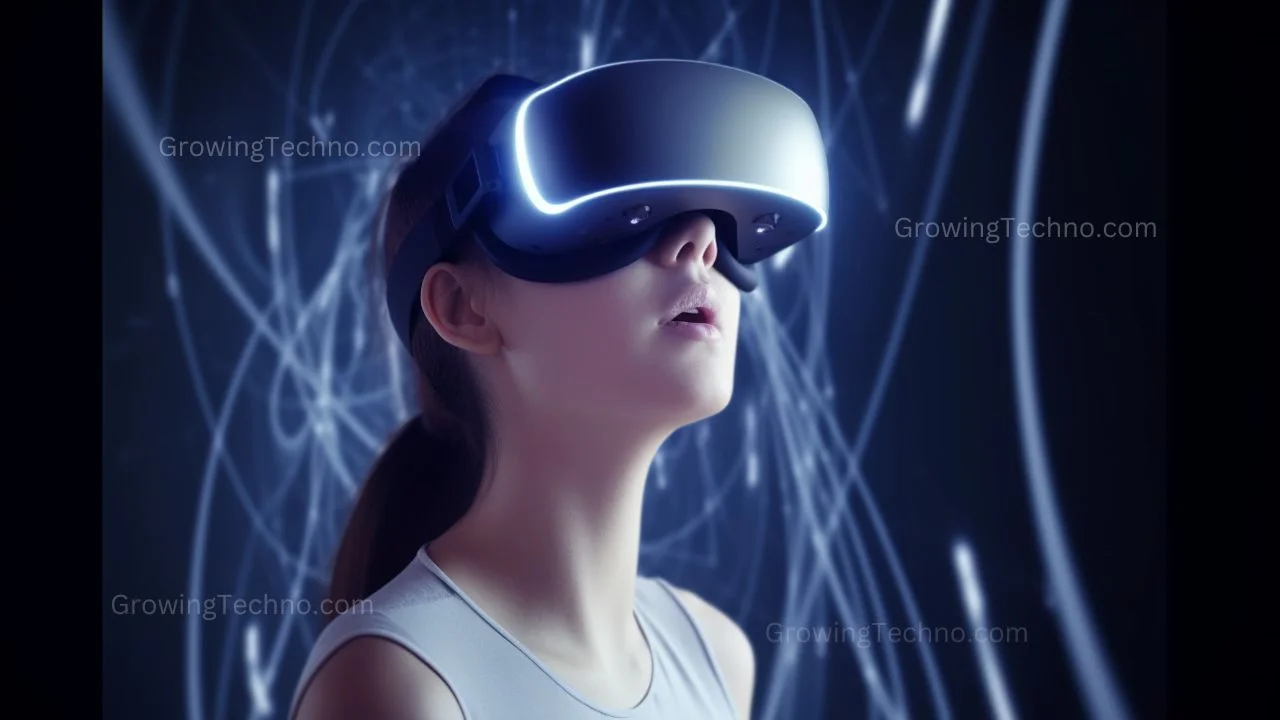
In the ever-evolving landscape of technology and virtual reality, a transformative concept is steadily gaining prominence – the metaverse. Beyond being a mere buzzword, it represents a compelling vision of a digital universe with the potential to redefine our online existence, encompassing the ways we live, work, and interact. In the following article, we’ll embark on a journey to explore the metaverse and its profound implications, casting a spotlight on how it is poised to reshape the very fabric of our digital future.
Understanding the Metaverse
The term “metaverse” is a fusion of “meta-” (meaning beyond or transcending) and “universe.” It represents a collective virtual shared space that exists parallel to our physical world. Within this space, users can interact with each other and in digital environments, often using avatars or representations of themselves.
Breaking the Boundaries
At the core of the metaverse lies a transformative capability—the power to transcend the confines of physical reality. Within this digital realm, you possess the freedom to embark on journeys to places that have no tangible existence in the real world. You can effortlessly encounter individuals hailing from the farthest corners of the globe, converging in this virtual space. Here, the spectrum of activities spans the gamut, from immersive gaming to vibrant social interactions, collaborative education, and even bustling digital commerce.
Virtual Reality at the Core
Virtual reality (VR) plays a pivotal role in bringing the metaverse to life. VR headsets and immersive technologies create a sense of presence within these digital realms. Users can look around, interact with objects, and communicate with others, making the experience incredibly lifelike.
Metaverse Elements
It encompasses a variety of elements:
- Virtual Worlds: Users encounter digital environments that mirror physical spaces, spanning from lifelike urban settings to imaginative and fantastical landscapes.
- Avatars: Users have the ability to fashion digital personas known as avatars, which they guide and control as they navigate and interact within the virtual world.
- Social Interaction: Central to the metaverse is the capacity for communication and engagement with other users. This dynamic fosters the development of social connections, collaborative endeavors, and shared experiences.
- Economy: It extends into the realm of commerce, enabling users to engage in buying, selling, and trading virtual assets. This economic dimension generates a virtual economy within the metaverse, mirroring real-world market dynamics.

Reshaping Online Interactions
The potential to revolutionize online interactions:
- Socializing: Instead of isolated text-based chats, the metaverse offers face-to-face interactions with friends and colleagues, making online socializing more engaging.
- Work and Education: Virtual meeting spaces and classrooms within the metaverse can make remote work and learning more immersive and interactive.
- Commerce: Virtual shops and marketplaces provide a unique way to shop and sell goods and services.
- Entertainment: Live events, concerts, and immersive gaming experiences are just a few entertainment avenues within the metaverse.
Current Initiatives
Many tech firms work on the metaverse, a unified AR, VR, and digital space. Meta (Facebook’s parent) is a key player investing heavily in creating this interconnected realm. They aim to enable work, socialization, play, and diverse experiences within it.
Epic Games, known as Fortnite, is also pivotal in the metaverse field. Leveraging their expertise, they contribute to metaverse-like environments, blurring physical and digital boundaries, and enhancing user interactivity, creativity, and connectivity.
These initiatives underline the tech industry’s recognition of the metaverse’s potential to reshape digital interactions. Firms allocate significant resources to research, development, and infrastructure to realize a future where virtual and physical realities harmoniously coexist.
Challenges Ahead
While the technology holds immense promise, it also faces a host of significant challenges that must be addressed for its long-term success:
Privacy Concerns:
As users immerse themselves in the metaverse, concerns about data privacy and security become paramount. The collection and handling of personal data in virtual spaces raise questions about how user information is used, protected, and shared. Ensuring robust privacy safeguards will be crucial to building trust among participants.
Digital Identity:
Establishing and managing digital identities in the metaverse presents a complex challenge. Users may have multiple avatars or personas across different metaverse platforms, leading to questions about identity verification, authentication, and the potential for identity theft.
Governance and Ownership:
Determining who governs and owns digital spaces within the metaverse is another critical issue. Various entities, including corporations, individuals, and communities, may create and manage these spaces. To ensure fairness and prevent conflicts, addressing questions about property rights, content moderation, and governance frameworks becomes essential.
Accessibility and Inclusivity:
Ensuring that the metaverse is accessible and inclusive to all, regardless of physical abilities, socioeconomic status, or geographic location, is a significant challenge. Barriers to entry, such as the cost of hardware and connectivity, need to be mitigated to prevent the metaverse from becoming an exclusive domain.
Content Moderation and Ethics:
With the potential for user-generated content in the metaverse, content moderation and ethical considerations become essential. Preventing harmful or inappropriate content and fostering a positive and safe virtual environment will be vital to maintaining a healthy metaverse community.
Addressing these challenges will require collaboration among technology companies, policymakers, and stakeholders from various sectors. It will also involve the development of new technologies, regulations, and social norms to shape the future of the metaverse in a way that maximizes its potential benefits while safeguarding the rights, privacy, and well-being of its users.
The Future is Metaverse
In conclusion, this technology is more than just science fiction; it’s a glimpse into the future of virtual reality and online interactions. As technology advances and the boundaries between physical and digital realities blur, the metaverse is poised to reshape the way we live, work, and connect with others in the digital age.
Found this helpful? Share the wisdom!


